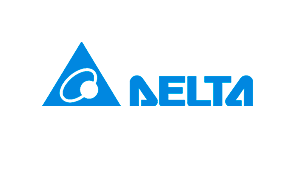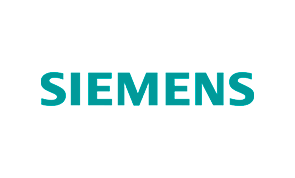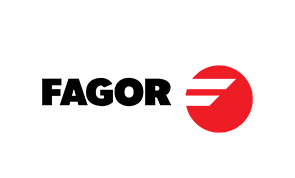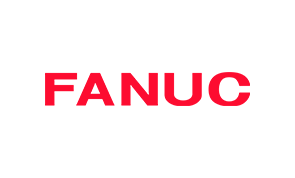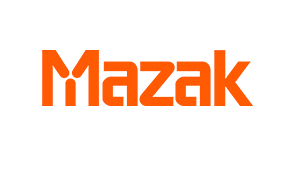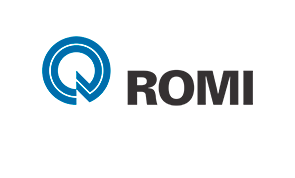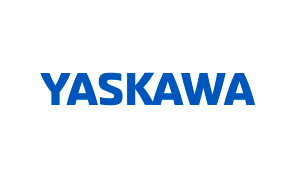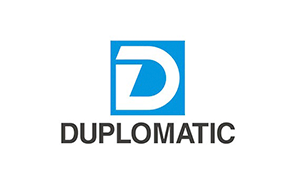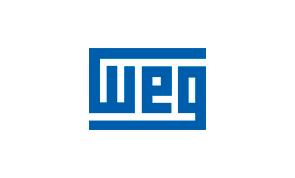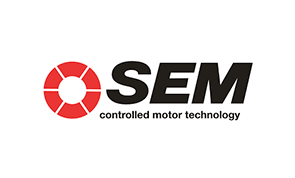NOSSOS SERVIÇOS
Especializados em manutenção preventiva e corretiva, de equipamentos
eletroeletrônicos e servomotores, atendendo empresas de diversos segmentos.
Automotivo
Plástico
Químico
Alimentício
Papel e Celulose
Usinagem e Metalúrgica
Têxtil e Malharias
Manutenção extra corretiva
SOLUÇÕES EM
MANUTENÇÃO INDUSTRIAL
Oferecemos serviços de manutenção industrial
com máxima eficácia e agilidade,
disponíveis 24 horas por dia, 7 dias por semana.
Nossa equipe especializada está sempre pronta para
atender às necessidades dos nossos clientes,
garantindo suporte técnico ágil e soluções completas
para evitar paradas inesperadas e aumentar a
produtividade.

